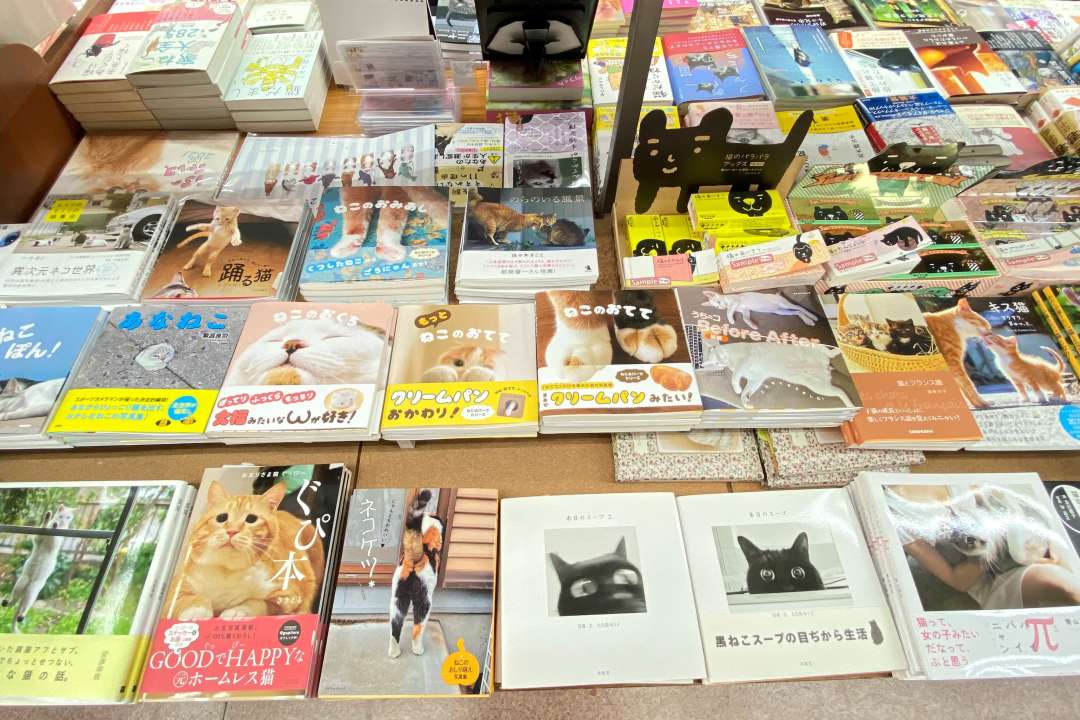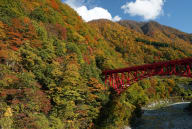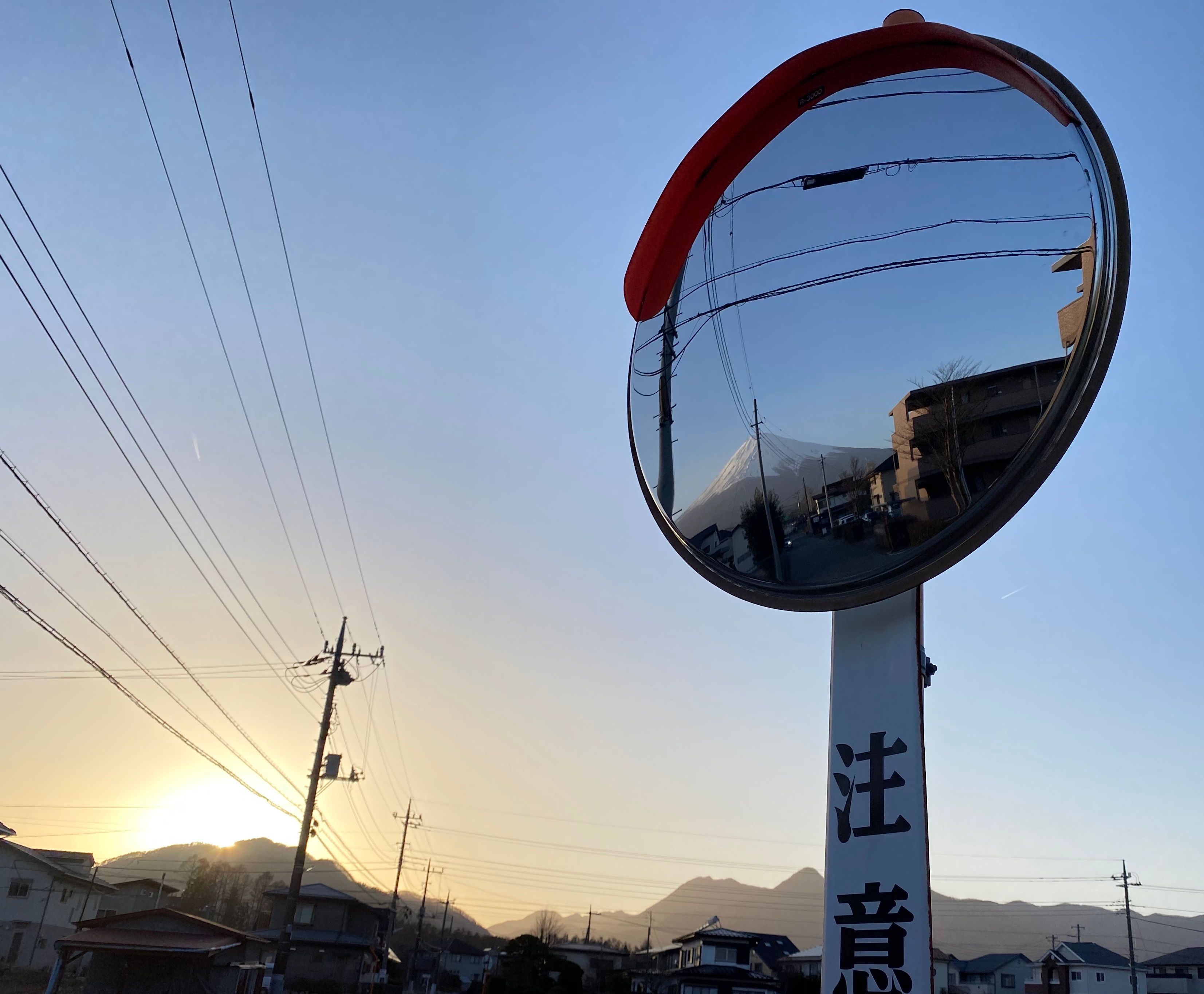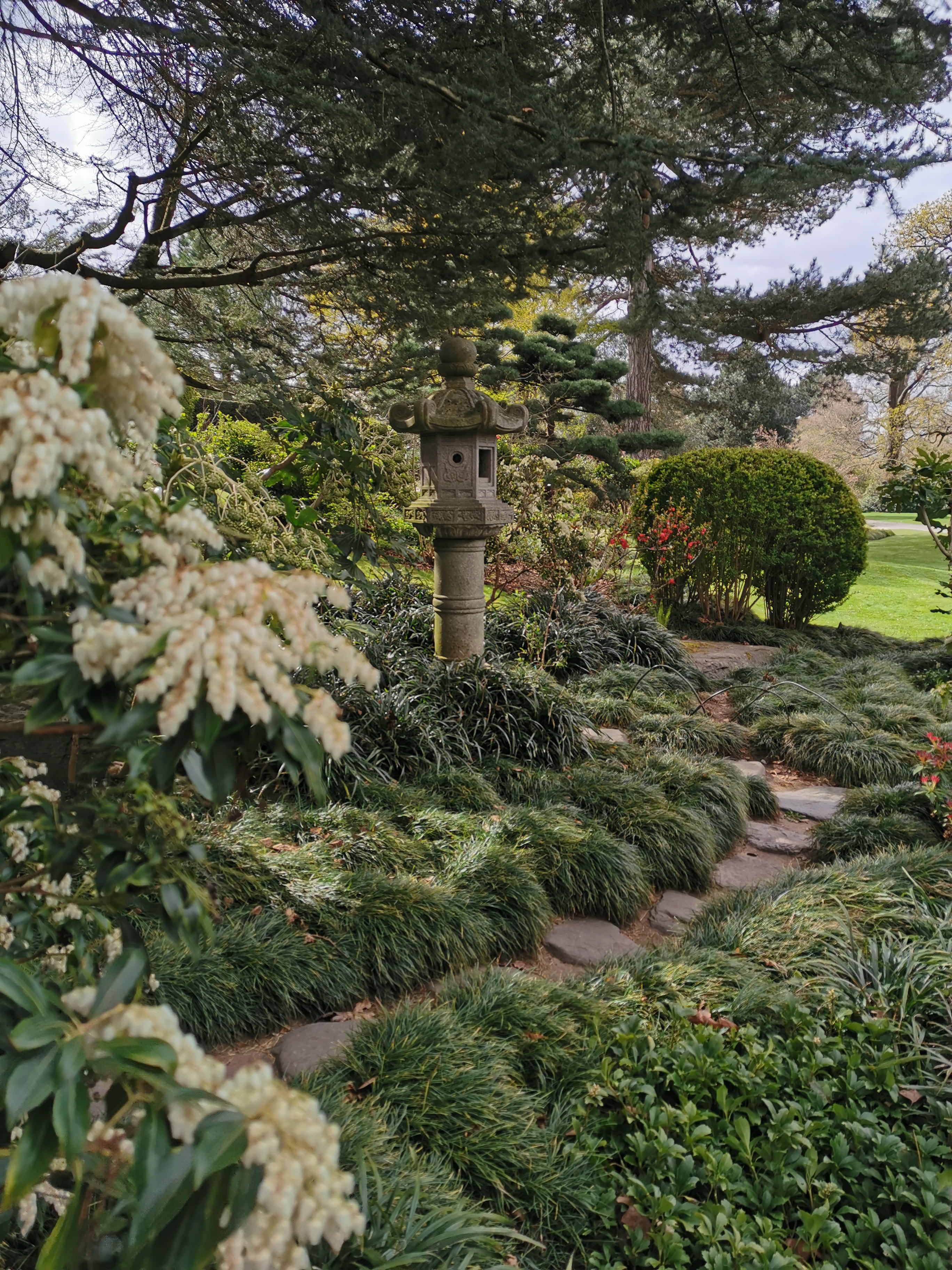
We recently sat down with author Carla Francis to discuss her new book, The Zen of Cat: An A-Z of Japanese Feline Philosophy, all about cats and their relation with Japanese culture. Let's see what we can learn about Japan, Zen, and more from our feline friends!
Hello! Thank you for joining us. To start us off, could you please give us a short introduction of yourself?
I’m the author of three books Travelling with Pets, The Cat with Three Passports and more recently The Zen of Cat published by Pan MacMillan. I’m a British writer, who currently resides in Sydney with my two cats Backer, a grey rescue and Ryō and Egyptian Mau.

For those who are unfamiliar, how did your interest in Japan come to be?
I spent nearly four years living and teaching in Japan. My journey took me from a brief stint in Osaka to Takayama in Gifu Prefecture, and finally to British Hills in southern Fukushima Prefecture, where Japanese visitors come to immerse themselves in British culture and cuisine. Living in Japan, especially in the countryside, taught me the art of slowing down, appreciating nature, and shedding societal labels, for which I am profoundly grateful. During my time there, I rescued five cats, and I even brought one of them back home with me.

Can you tell us more about your new book, ‘The Zen of Cat: An A-Z of Japanese Feline Philosophy’? Where did the inspiration for it come from?
The Zen of Cat is interwoven with stories and facts about cats, Japan and Zen philosophy, and includes discussions with Japanese cat lovers, and invites reflection and 'mindful mewsings' on life through an A-Z of Japanese words to inspire.
The idea came to me after writing a guest post to promote my last book The Cat with Three Passports for the London based café Lady Dinah's Cat Emporium, which was titled ‘5 Lessons from a Japanese Cat’ and I thought to myself there are a lot more than five! Cats are unburdened by worry. They maintain an enviable equilibrium. So, what can we learn from them? I began attending Zen mediation classes and got inspired by the teachings. Living with two cats, Backer and Ryō, helped me realise there is something to be learned from these wonderful creatures, how they live simply, are more in the moment, and don’t hold on to attachments. The book has been translated into Italian and Portuguese and several more language translations are coming soon.

Do you have a favourite word that you featured in the book? How did you go about selecting the words in the book?
That’s a good question and difficult to answer, because each word really spoke to me as I was researching the book, but I’d have to say Yūgen (or ethereal beauty). It was probably the most difficult chapter to write and explain as the concept doesn’t exist in English. Yūgen can be translated as “subtle beauty,” "mysterious elegance" or "deep grace" and embodies the idea of an elusive, almost ineffable quality that evokes a sense of the sublime and the profound, like the unseen beauty of what lies beneath the traditional torii gate or the serene waters of an inland sea, something that creates an emotional response that is difficult to put into words, and makes you aware of how small you are in the universe.
Do you have any recommendations for cat related areas in Japan that people could visit?
Japan has many delightful spots for cat lovers. Several years ago, I visited Cat Island (Tashirojima) in Ishinomaki, Miyagi Prefecture. This island is famous for its large population of stray cats, who are well cared for by locals, and visitors can enjoy the \experience of seeing cats roam freely throughout the island.
Another popular place to visit for cat lovers is Gotokuji Temple. It’s believed to be the original place of the Maneki Neko. You can even take the cat train (or Maneki Neko Train) on the Setagaya line. But they don’t run all the time, you’ll have to plan your trip accordingly so not to miss out.

One of the lesser-known favourites of mine, is a bookshop called Nyankodō, that exclusively sells cat books. Being a writer and book lover it’s purrfect for me! You can find in Jimbocho’s famous used bookstore neighbourhood.

Finally, let’s not forget the Giant 3D cat in Shinjuku, which is a must see.
During the course of your research, did you come across any lesser known stories of cats in Japanese folklore or mythology?
When I interviewed the chief priest, of Unrin-ji Temple (also known as Cat Temple) located in Yamaguchi prefecture, he made me of the local legend. During the Edo period, it is reported that after Terumoto’s death in 1625, his retainer Nagai Motofusa (who also died in 1625) performed ritual suicide. It is said that Motofusa’s cat, grieving over its owner's death, bit through its own tongue and then died from sorrow.
According to local folklore, after the cat’s death, its lonely meowing could be heard at night in the temple. Eventually, a monk held a Buddhist memorial service for the cat's spirit, which put an end to the meowing.
If you were to pick one concept from your book that is best embodied by cats, which one would you choose and why?
I would say the concept of wu-wei pronounced "mui" in Japanese. It originates from Daoist Chinese philosophy and means "non-action" or "effortless action" - it describes a state of harmony where actions are carried out naturally and effortlessly, in tune with the universe's flow. Cats embody this principle perfectly – they move and act with a spontaneous grace, allowing things to unfold naturally without undue effort or interference. This quality of wu-wei highlights the value of simplicity, naturalness, and achieving goals with minimal struggle, much like the effortless way cats navigate their world.

Are there spots in Japan that you would recommend to people looking for mindfulness or zen related experiences?
One of my favourite things to do when I visit Japan is sit in an outdoor onsen and watch the steam rise. This helps to slow me down, creates space in my mind, and helps to release frenetic thoughts. The sensation of the soothing mineral water rippling against my skin feels both hot and healing, my breathe becomes slower as I relax into the bubbling bliss. I like the small onsen town of Gero in Gifu prefecture, but I have recently learned of an onsen town with cats, which is next on my radar.

There’s numerous shrines and temples to visit, some where you can do meditation with a Zen monk. When I was back in Tokyo recently, I visited Fukagawa Fudo Temple, which is less touristy than some of the well-known temples in Tokyo. Here, I experienced a trance-inducing Esoteric Buddhist fire ritual (or Goma) performed to empower the deity Fudōmyō-ō, (or Acala in Sanskrit). The ritual is meant to clear away bad energies, harmful thoughts, and desires. The fire is thought to recharge Fudōmyō-ō’s power to remove any obstacles on the way to enlightenment. After the 45-minute ceremony had ended, I went outside to a bright sunny day, and I noticed a clear plastic box with small papers inside. A sign next to it read "Nyan Omikuji" (or cat fortune). Intrigued, I bought one, and discovered it suggested my cat wanted to spend more time sleeping with me and might benefit from eating a bit less, humorously noting, "If the cat gets fat, the dried bonito gets skinny."
How could one incorporate mindfulness and zen philosophies into their lives here in the UK?
With queuing being commonplace in the UK, it can offer us plenty of opportunities to practice patience, being content in the moment, and turning daily annoyances in the path. Also, in today’s world it is important to reduce input, embrace silence and stillness by turning apps off, reducing time spent online, and guarding against media overload, by being mindful that the news often focuses on the negative but in fact there are a lot of positive things that happen every day.
Additionally, the UK boasts an array of exceptional parks, gardens and woodlands where you can engage in walking meditation or enjoy the benefits of forest bathing. There are several Japanese gardens across the UK, in London’s Holland Park, for example, you can explore the calming ambiance of The Kyoto Garden, featuring a waterfall, pond, maple trees, and stone lanterns, while the Fukushima Garden, serves as a poignant tribute to the support the British people offered to Japan following the 2011 Tohoku Earthquake and Tsunami disaster.
Find Carla on Twitter and Instagram, she's also written extensively on pet travel and accommodations and recommends finding pet friendly accommodations here.
Pick up a copy of The Zen of Cat here!

















































